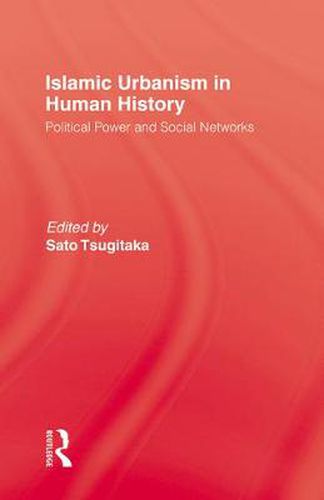Readings Newsletter
Become a Readings Member to make your shopping experience even easier.
Sign in or sign up for free!
You’re not far away from qualifying for FREE standard shipping within Australia
You’ve qualified for FREE standard shipping within Australia
The cart is loading…






Islamic cultures in the Middle East have inherited and developed a legacy of urbanism spanning millennia to the ancient civilizations of the region. In contrast to well-organized states like China in history, Muslim peoples formed loose states based on intricate social networks. As a consequence, most studies of urban history in the Middle East have focused their gaze exclusively on urban social organization, often neglecting the extension of political power to rural areas. Covering Morocco, Egypt, Syria, Iran and Brunei, this volume explores the relationship between political power and social networks in medieval and modern Middle Eastern history. The authors examine social, religious and administrative networks that governed rural and urban areas and led to state formation, providing a more inclusive view of the mechanisms of power and control in the Islamic world.
$9.00 standard shipping within Australia
FREE standard shipping within Australia for orders over $100.00
Express & International shipping calculated at checkout
Stock availability can be subject to change without notice. We recommend calling the shop or contacting our online team to check availability of low stock items. Please see our Shopping Online page for more details.
Islamic cultures in the Middle East have inherited and developed a legacy of urbanism spanning millennia to the ancient civilizations of the region. In contrast to well-organized states like China in history, Muslim peoples formed loose states based on intricate social networks. As a consequence, most studies of urban history in the Middle East have focused their gaze exclusively on urban social organization, often neglecting the extension of political power to rural areas. Covering Morocco, Egypt, Syria, Iran and Brunei, this volume explores the relationship between political power and social networks in medieval and modern Middle Eastern history. The authors examine social, religious and administrative networks that governed rural and urban areas and led to state formation, providing a more inclusive view of the mechanisms of power and control in the Islamic world.